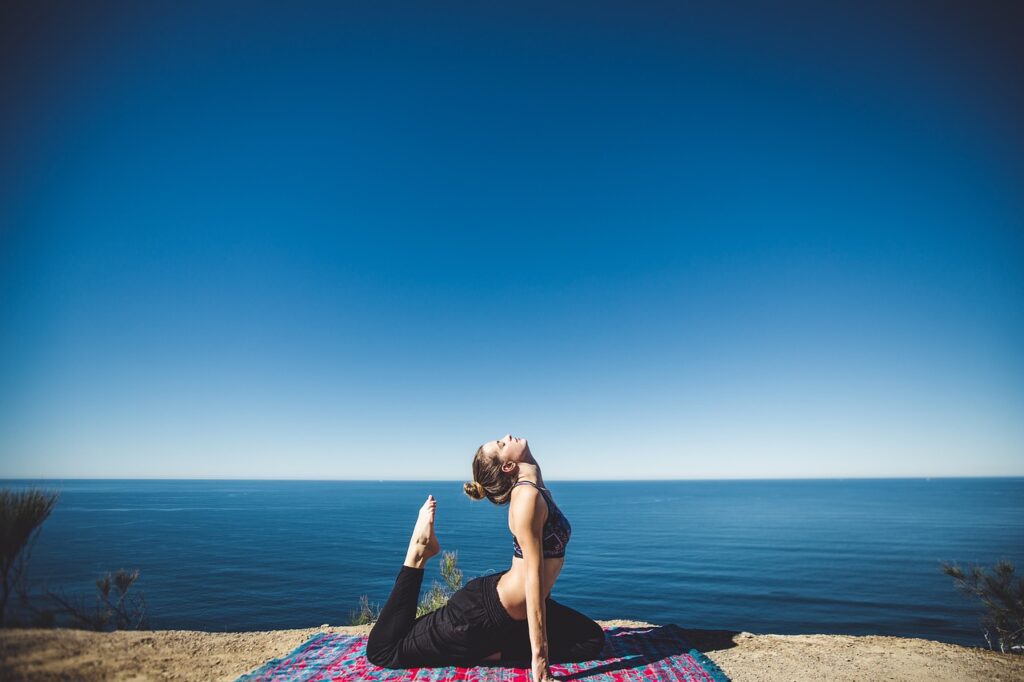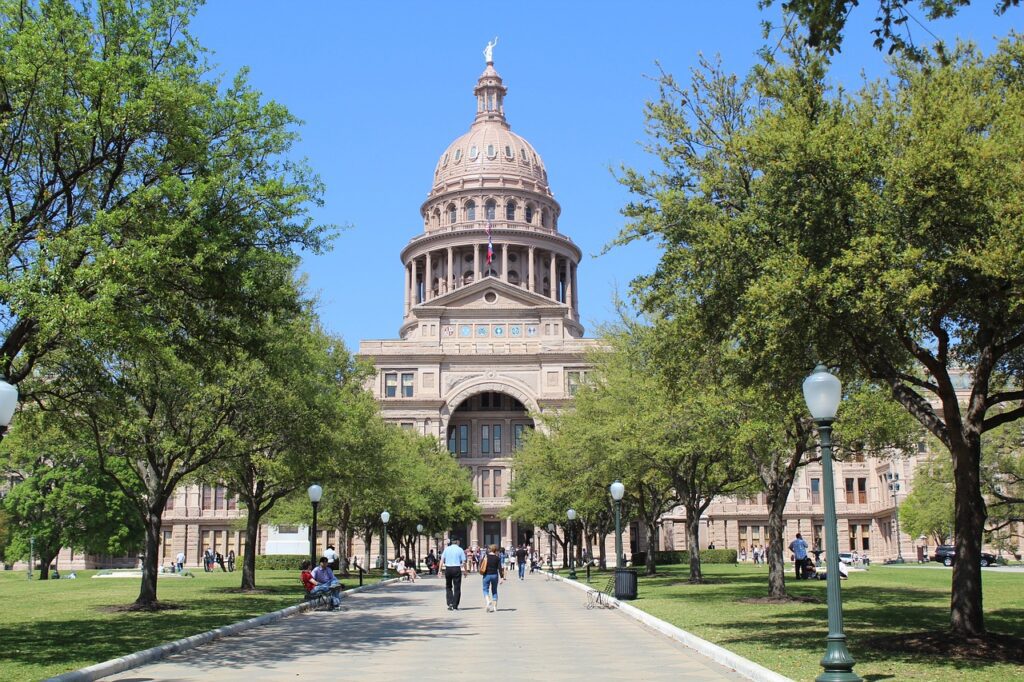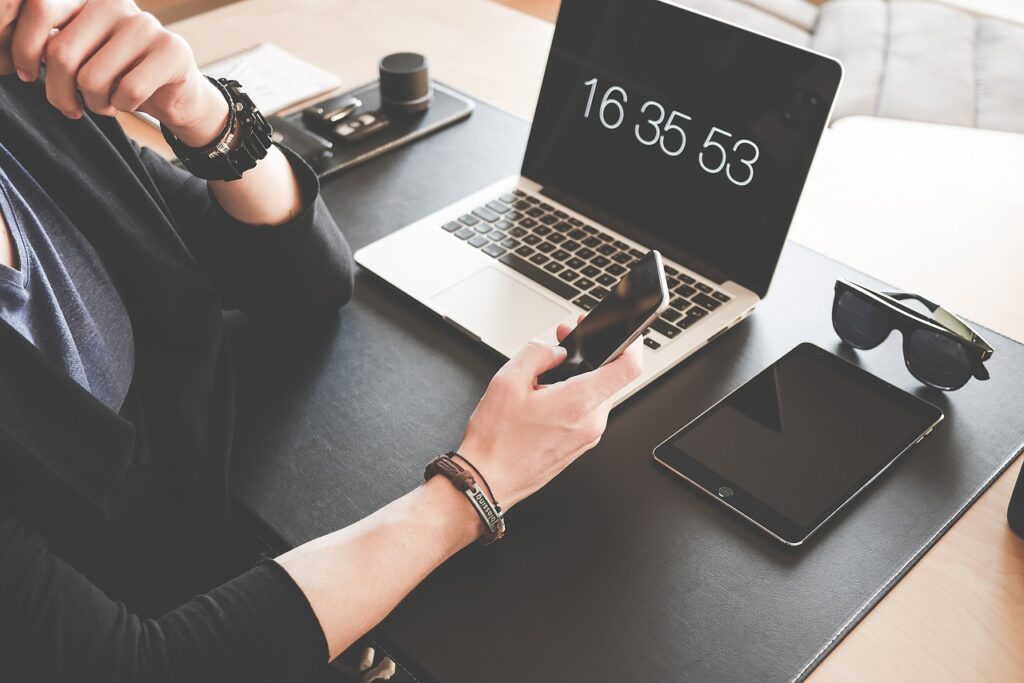Are you a free range learner? If you are reading this post, then chances are pretty high that you are.
You probably like to read. You are probably constantly consuming content from a variety of devices – your computer, your phone, your iPad, good old-fashioned print books. And from a variety of sources – blogs, videos, podcasts, magazines and journal, social networks.
But, as Maria Andersen points out in this video, having lots of content available to consume is not the same as actually learning. I stumbled across her TEDx talk as I was doing a little free range learning of my own and I thought it was worth highlighting here.
I’ve included some notes I took below (You know how much I believe in taking notes!) These are intended both to help the time-starved and also to add a bit to the thoughts in the video by linking to related resources here on Mission to Learn. Naturally, I also encourage you to take notes of your own.
Notes
Video at: https://youtu.be/mWdSz2nHQNY
@3:09 – The Internet is great for finding information, but information alone is not enough for really learning. If you want to master something relatively complex on your own – e.g., “How to be a good cook” – how do you do that? @3:50 We’re all familiar with scenarios like saying to ourselves “I am going to learn learn X language and then never really going anywhere with it. You might buy software, sign up for a Web site, but then never really use it, etc.
@4:25 – Most humans have an optimism bias: we tend to overestimate what we can actually accomplish. I suspect (and Maria seems to imply) that the easy availability of information on the Internet may actually inflate optimism bias.
@4:55 – The talk moves towards what it really takes to synthesize information, apply it, and “innovate on that information.” Just “consuming information is not the same thing as wisdom, understanding, and knowledge.” The elements of the “recipe” follow:
Ingredients
@5:40 While not sufficient, well-vetted, timely information is essential for learning. Free information equals “ingredients” in abundance on the Internet, but having information – even high quality information – is a bit like having flour and sugar with no instructions on how to use them to bake a cake. You also have to have directions.
Directions
These include:
@6:30 Part of the direction we need when dealing with information is how to filter our and absorb the truly useful stuff so that we don’t get overwhelmed and experience decision fatigue – basically the problem of having so much information that we are paralyzed, unable to act.
Note: To continue with the “recipe” metaphor, I think this would have been a good place to discuss “sifting, paring,” and other ways of “prepping” information so that we can be sure it is useful to us before making the effort to move it into long-term memory. Finding could curators, checking sources, using algorithm based applications like Zite are all potential approaches here. While Maria indicates early that we need to focus in on high quality information, I think the talk would benefit from a bit more guidance on how to do that before discussing how to move information into long-term memory.
Re-engagment (@07:10). Discussion of Ebbinghaus‘ research and the need for repeatedly re-engaging with information over time to help prevent forgetting. Some level of memorization is necessary for truly learning. “Just Google it” is not an answer because you have to know enough to know what to Google in the first place – not to mention to know how to assess and use what you find.
@08:20 – To really learn, you need to re-engage with old ideas in new contexts – i.e., with the new information and experiences you have accumulated – to “innovate” with it, to have those “a-ha!” moments.
Reflection (@08:35). Writing is one of the great, time-honored way to engage in reflection. Blogging is a an excellent option. Writing about it enables us to synthesize information. Maria notes that this often leads to you discovering your own stuff and re-reading. Other ways: Taking a shower! Swimming laps, etc. Peaceful moments of relaxation. Free your brain to wander.
Adding Spices (@10:30). Basically, social learning. Things like book groups, a weekly dinner date – actual physical community. Or, Twitter. Facebook, and other social. Places to get “social cues” that encourage us, directly or indirectly, to re-engage and that also give us new resources. Of course, for these activities to be truly effective, you have to cultivate the right connections.
Cook Time
(@12:45). Discussion of the 10,000 hours concept. Maria notes that a college degree requires between 2,500 and 4,500 hours of study, and this time is not all specific to one topic – most students only get around 1,000 – 3,000 hours on a specific topic – which highlights the importance of continued learning after college, and even well beyond grad school.
@13:30 -Discussion of the process of writing a dissertation as a sort of “ultimate free range learning experience.” But only 30-60% of PhD students complete their dissertation within 7 years. These are people who have demonstrated they are good learners, and yet are unable to complete a free range learning project. Certainly the prospects for less accomplished learners don’t look good!
@14:40 – Maria notes that, in writing her own dissertation, she took the approach of always “focusing on the next hour.” She leveraged her social network to tweet about what she was learning, basically a play-by-play way to hold herself accountable through interaction with her social network.
@15:10 – One way to ensure that learning goals are met is to set a challenge for yourself that is hard to postpone. (To extend the “recipe” metaphor a bit, this would be like knowing you have guests arriving at 6:00 for dinner.) Provide just enough pressure to “cook” your ideas, but not enough to be negatively stressful and counter-productive. This TEDx talk was a challenge for her, she notes. Another example might be buying a non-refundable ticket to Spain if you want to learn Spanish.
Without the pressure and structure of an educational system, you must provide that pressure for yourself.
@ 17:05 “Free range does not mean free ride. Learning is hard. It is hard inside of school and it is hard outside of school. There is nothing that is going to make learning painless.”
But having recipe helps. Maria makes a final plea to not throw away the educational system just yet and suggests that if potential PhD students are not able to successfully engage in free range learning then maybe most of us are not ready to be effective free range learners. We need the support of educational structures. (Though I would argue that those educational structures need to do a much better job of empowering students to become free range learners. This is a point I’ve made in various places – like in this interview about Preparing Adults for Lifelong Learning with The EvoLLLution.)
Jeff
P.S. – If you enjoyed this post and video, you might also enjoy:
- What’s Involved in Being a Successful Self-Directed Learner
- 15 Ways of the Successful Self-Directed Learner
Finally, you may also want to check out 10 Ways to Be a Better Learner.





